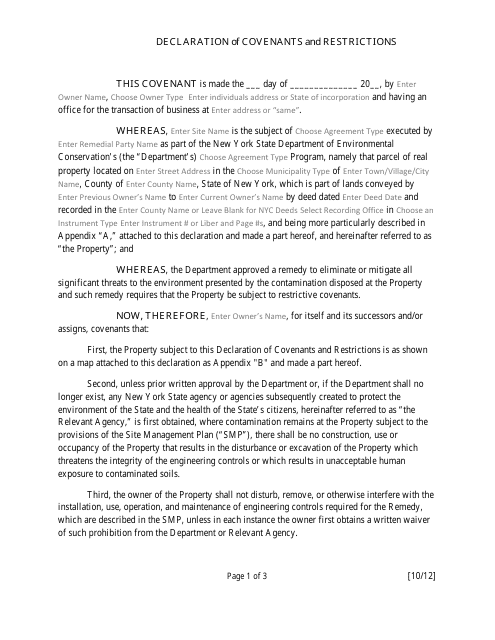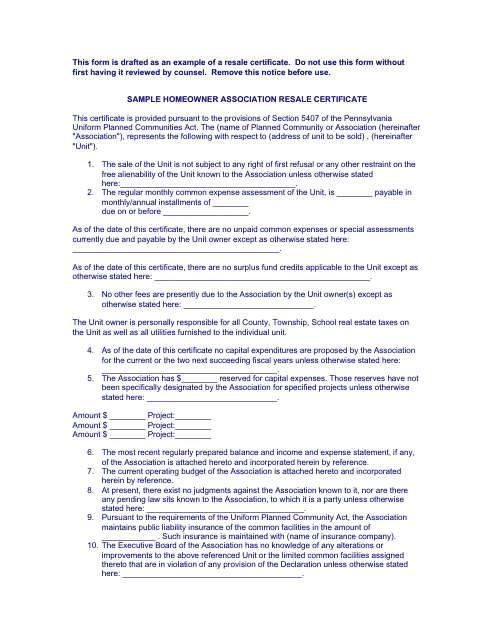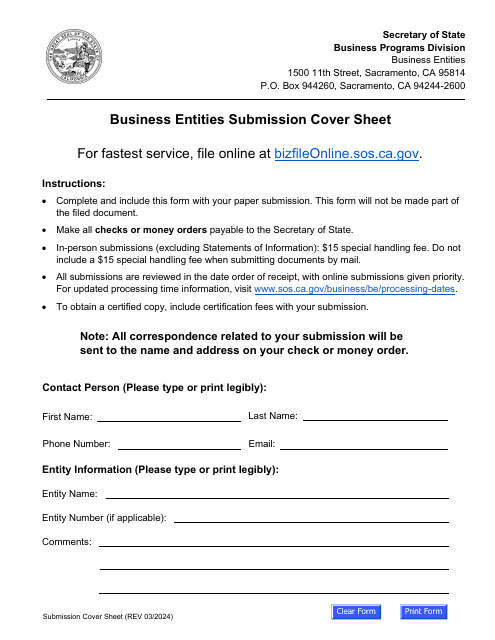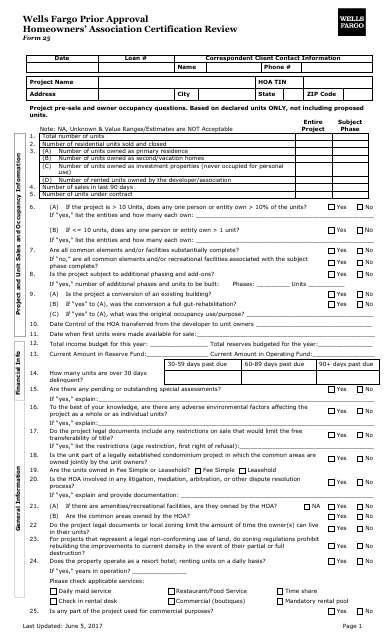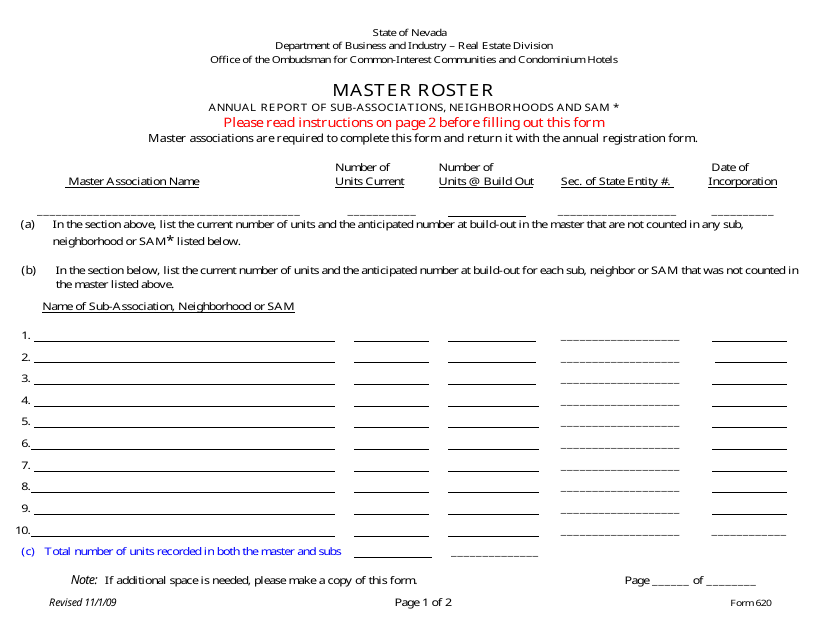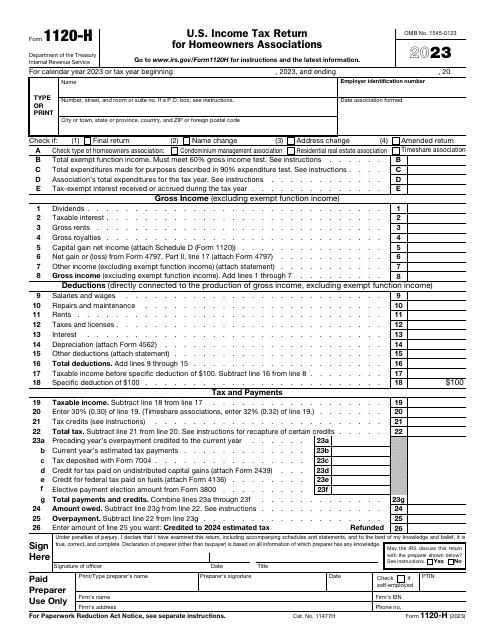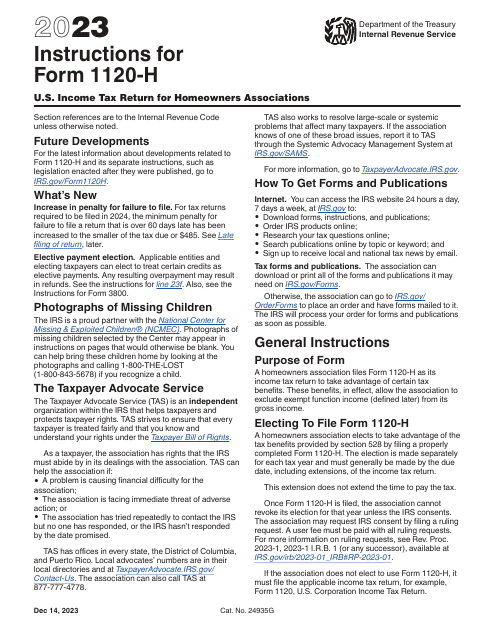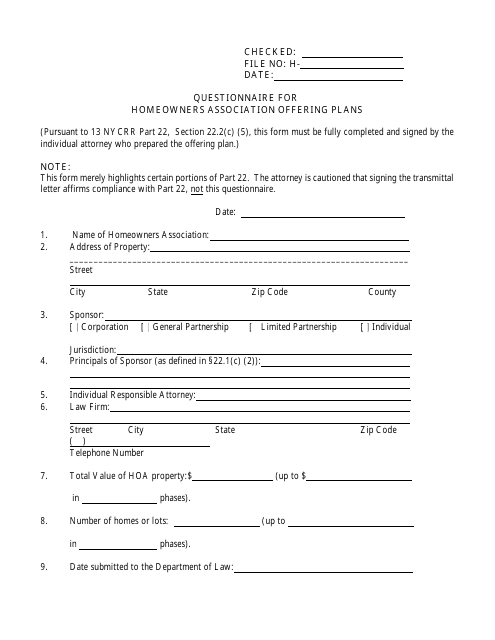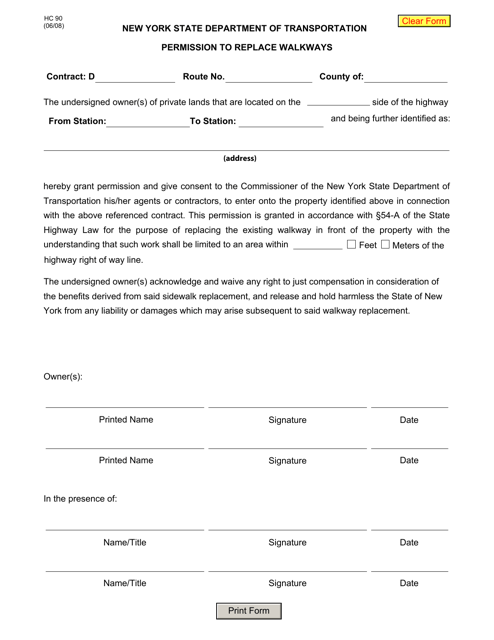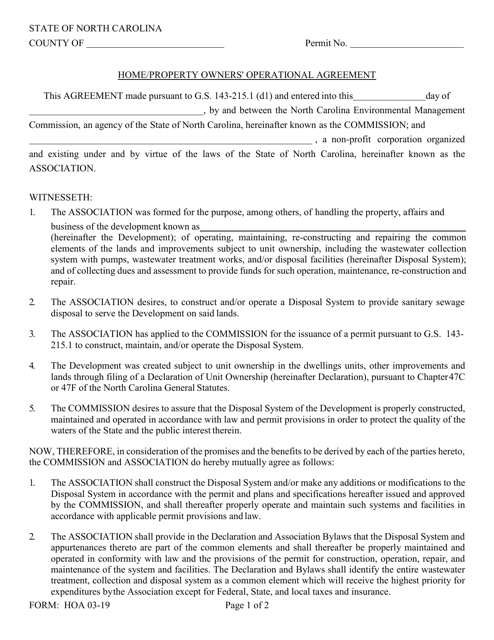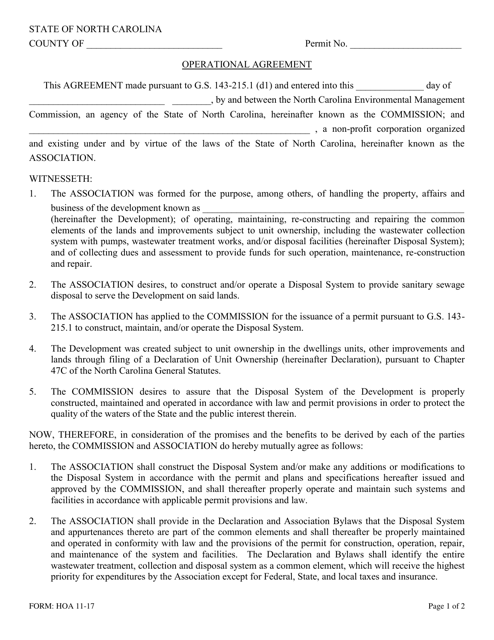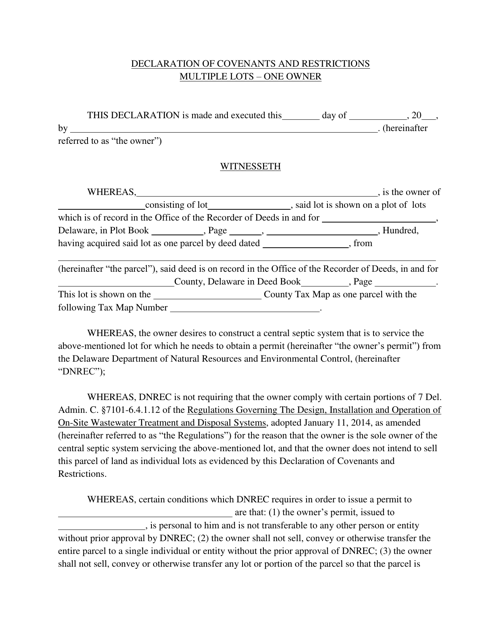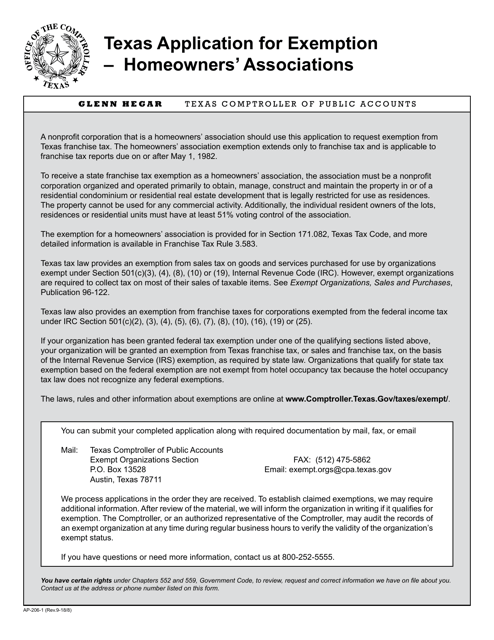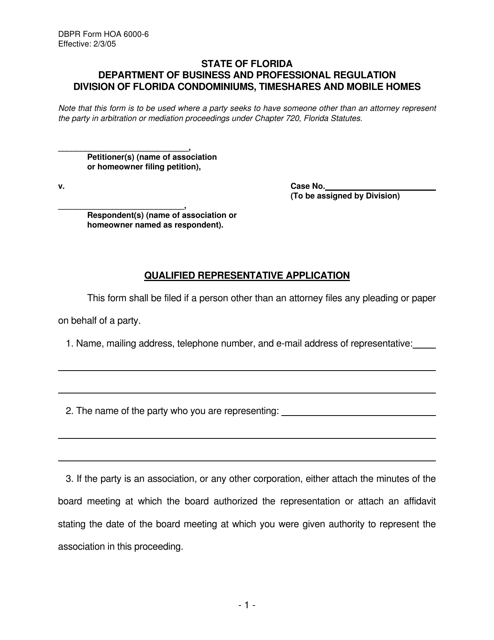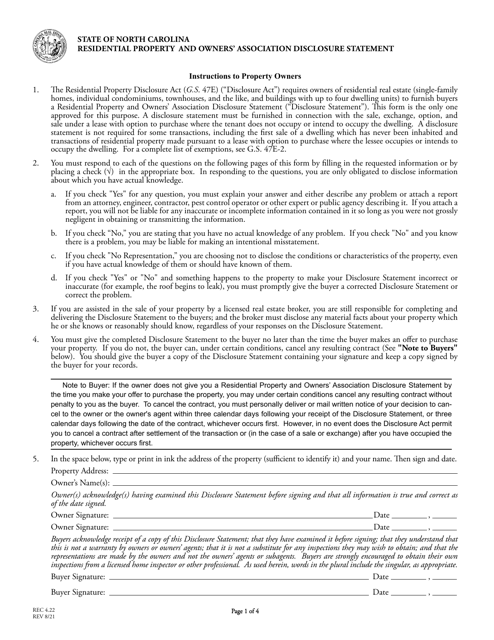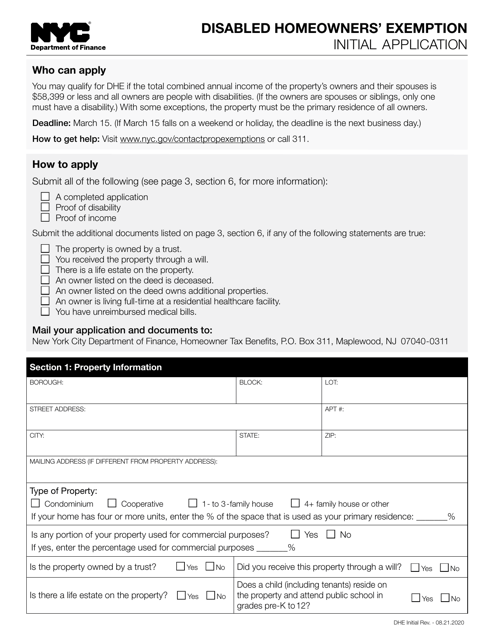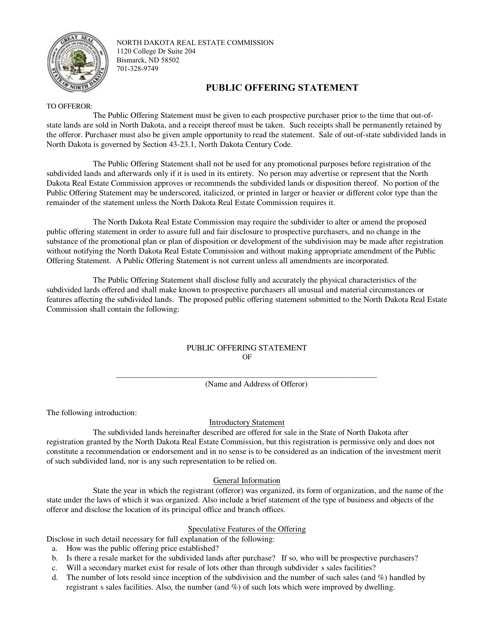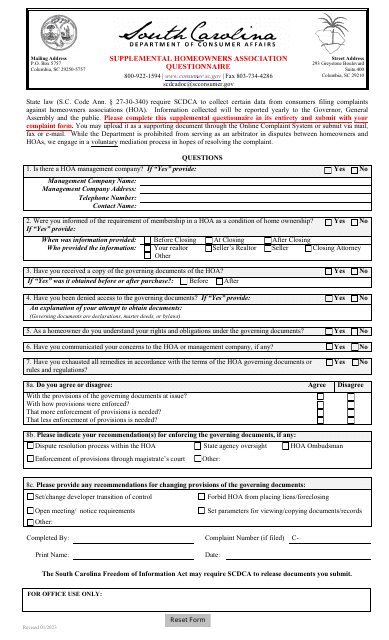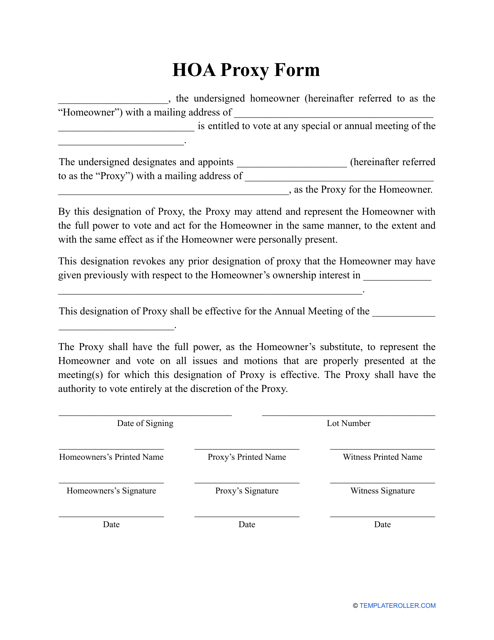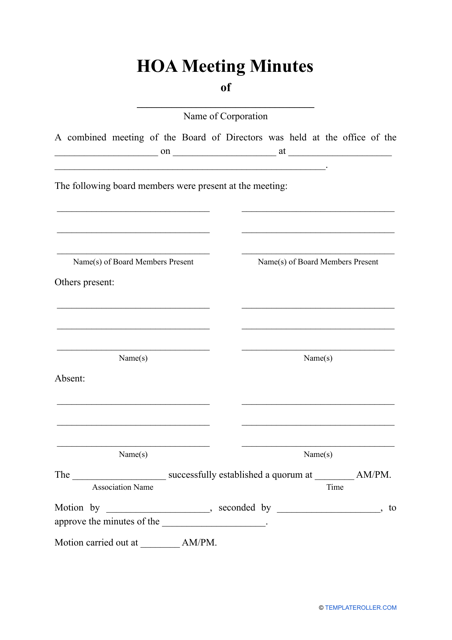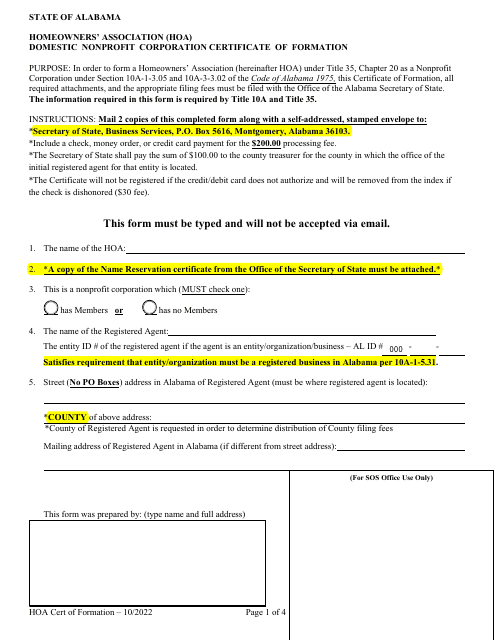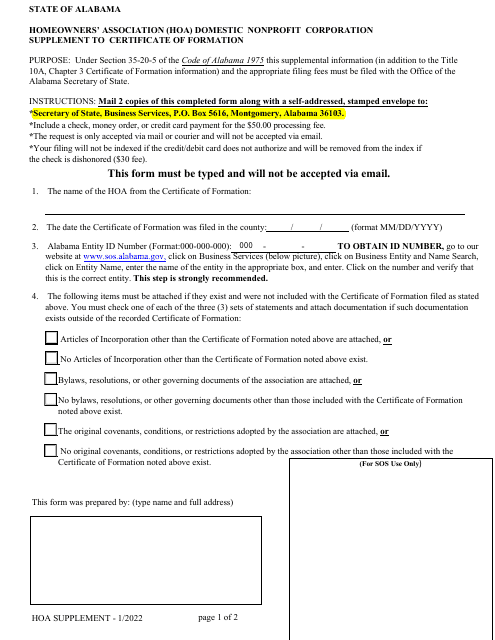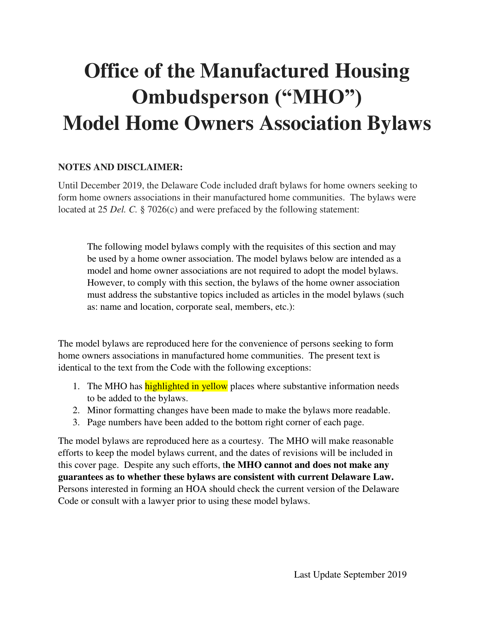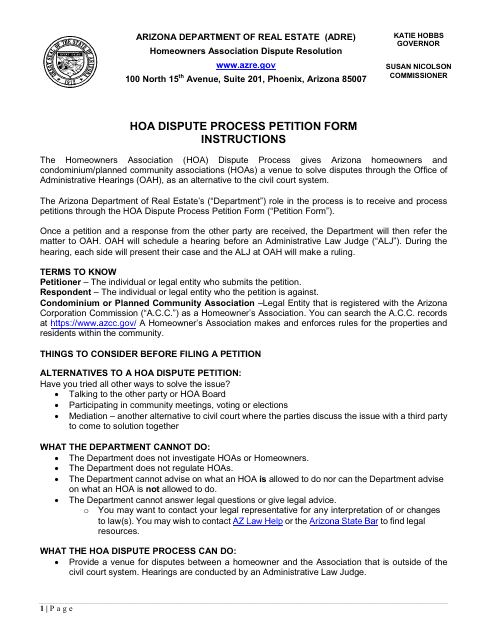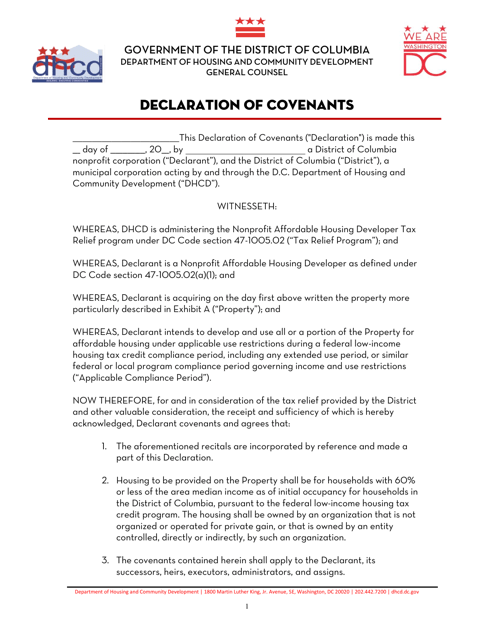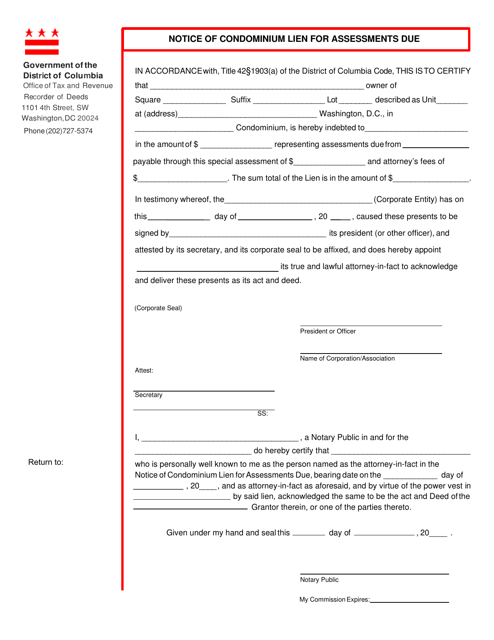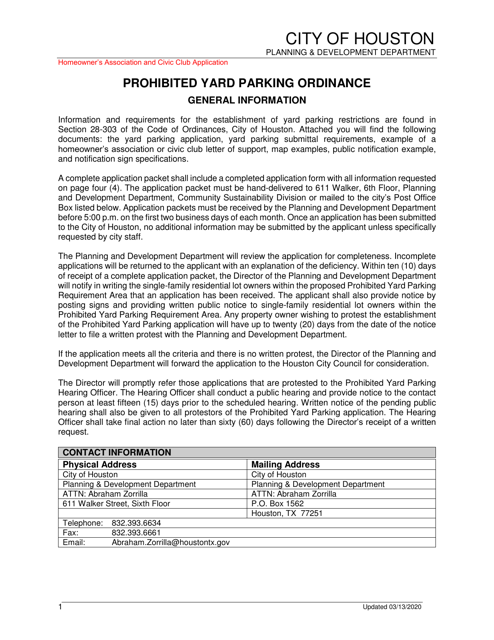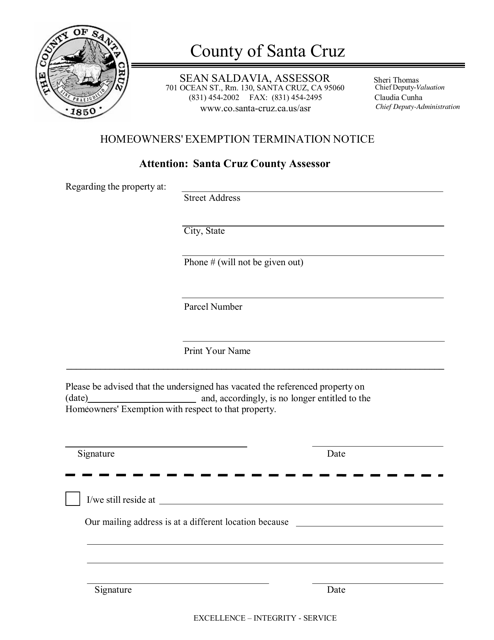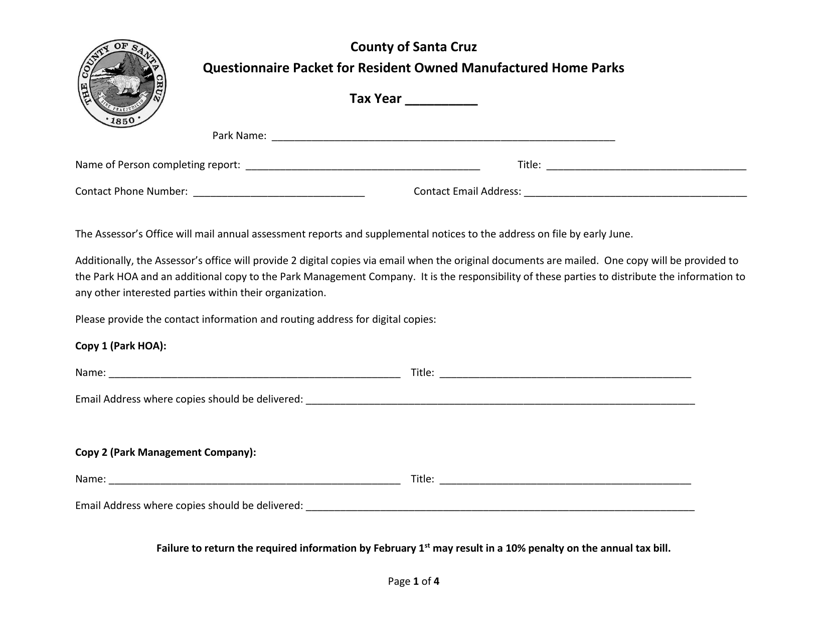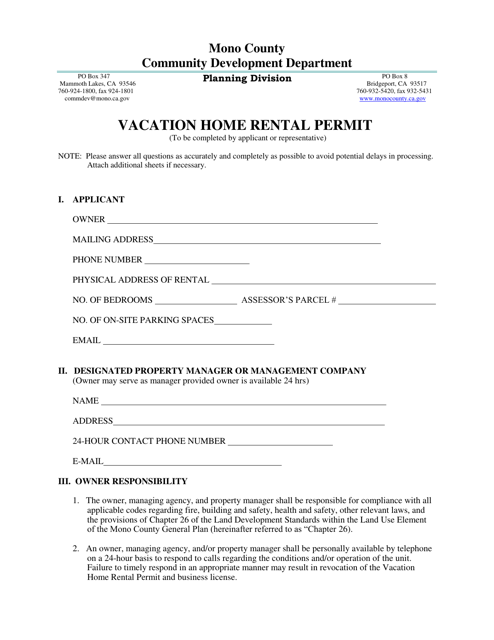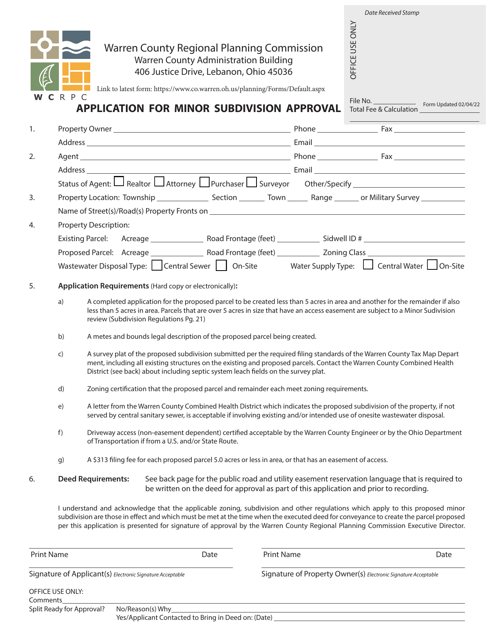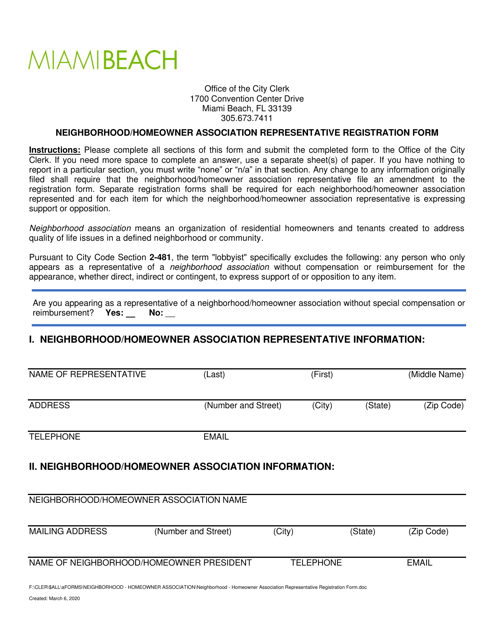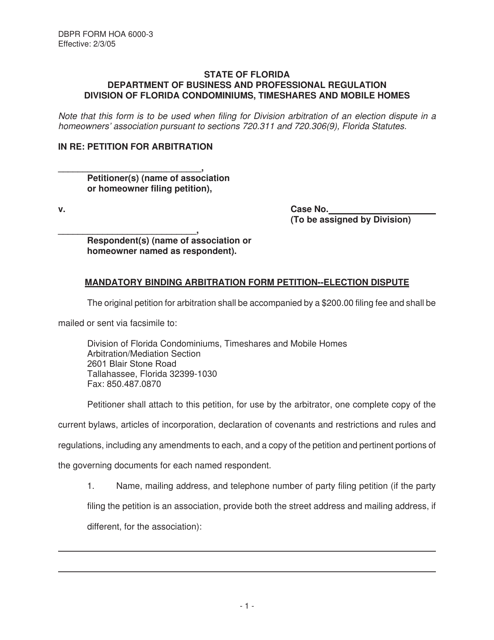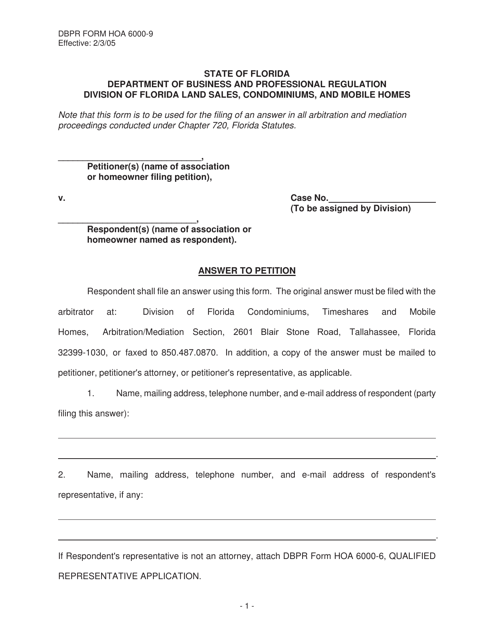Homeowners Association Templates
Welcome to our webpage dedicated to homeowners associations!
Homeowners associations, also known as homeowner associations or simply HOAs, are organizations created to manage and govern residential communities. They are formed to ensure that the community's common areas are well-maintained and that residents follow certain rules and regulations.
At Templateroller.com, we understand the importance of homeowners associations in maintaining the quality and value of a neighborhood. Our website serves as a comprehensive resource for homeowners association documents and information.
Whether you are a current or prospective homeowner, our collection of homeowners association documents offers valuable insights into the regulations and guidelines governing various communities across the United States and Canada. Our extensive library includes a wide range of documents, such as certification reviews, nonprofit corporation certificates of formation, dispute process petitions, and even IRS income tax return forms specifically designed for homeowners associations.
We strive to provide a user-friendly experience, making it easy for homeowners and association board members to access the documents they need. With our search function, you can quickly find the specific document you're looking for by name, location, or type.
Our dedicated team has meticulously compiled this collection of homeowners association documents to ensure that you have access to the most up-to-date and relevant information. Whether you need to understand the regulations regarding common areas or learn about the roles and responsibilities of homeowners associations, our webpage has you covered.
No matter if you're a homeowner wanting to understand your responsibilities or a board member looking for guidance, our webpage is your go-to resource for everything related to homeowners associations. Start exploring our extensive collection of documents today and empower yourself with the knowledge you need to be an active participant in your community.
Documents:
60
This document outlines the rules and regulations for a specific property or neighborhood in New York. It covers things like property use, architectural guidelines, and community obligations.
This document is a template for a resale certificate for homeowners associations in Pennsylvania. It is used to provide information about the association's financial and legal status to potential homebuyers.
This Form is used for reviewing the certification of homeowners' association for obtaining prior approval from Wells Fargo bank.
This form is used for maintaining a master roster of common-interest communities in Nevada. It helps keep track of information related to these communities, such as contact information and other relevant details.
Fill out this form if you represent a homeowner's association in order to make use of certain tax benefits. That means, that the association can exclude the Exempt Function Income from its gross income.
This Form is used for homeowners in New York who want to join a homeowners association and inquire about the plans offered.
This Form is used for obtaining permission in New York to replace walkways.
This Form is used for creating an operational agreement for a Homeowners' Association (HOA) in North Carolina.
This document establishes rules and restrictions for multiple lots owned by one individual in Delaware. It outlines the covenants that must be followed by the property owner.
This form is used for homeowners' associations in Texas to apply for state tax exemption.
This Form is used for applying to become a Qualified Representative for Homeowners' Association in Florida.
This document is for disabled homeowners in New York City who are applying for the initial exemption.
This document provides information to potential investors about a public offering in North Dakota. It includes details about the investment opportunity, the risks involved, and other important information.
This form is used to transfer the right to vote at a Homeowners Association (HOA) meeting to another person (a "proxy").
This document represents an official record of everything that has been said or occurred during the meeting of community residents who make up a Homeowner Association (HOA).
This document outlines the rules and regulations for a homeowner's association (HOA) in Delaware. It covers topics such as membership, voting procedures, and guidelines for maintaining and using common areas within the community. This document is used to ensure a harmonious and well-managed neighborhood for all residents.
This document outlines the rules and regulations for a particular property or neighborhood in Washington, D.C. It covers things like property maintenance, usage, and restrictions.
This form is used for notifying a condominium owner in Washington, D.C. of a lien that has been placed on their property for unpaid assessments.
This document is an application form for the Prohibited Yard Parking Ordinance in the City of Houston, Texas. Homeowner's Associations and Civic Clubs use this form to enforce parking regulations in residential areas.
This document is a notice that informs homeowners in Santa Cruz County, California about the termination of their homeowners' exemption.
This document is a questionnaire packet specifically for residents of manufactured home parks in Santa Cruz County, California. It contains a series of questions and forms related to the management and operations of the parks.
This document is for obtaining a vacation home rental permit in Mono County, California. It is required for individuals who want to rent out their property as a vacation home.
This document is used for applying for approval for the subdivision of land in Warren County, Ohio for a minor subdivision.
This form is used for registering as a representative for the Neighborhood and Homeowner Association in the City of Miami Beach, Florida.
This document is used for filing a petition for mandatory binding arbitration in case of an election dispute in a Homeowners Association (HOA) in Florida.
This type of document is the DBPR Form HOA6000-9, which is used as an answer to a petition in the state of Florida.

